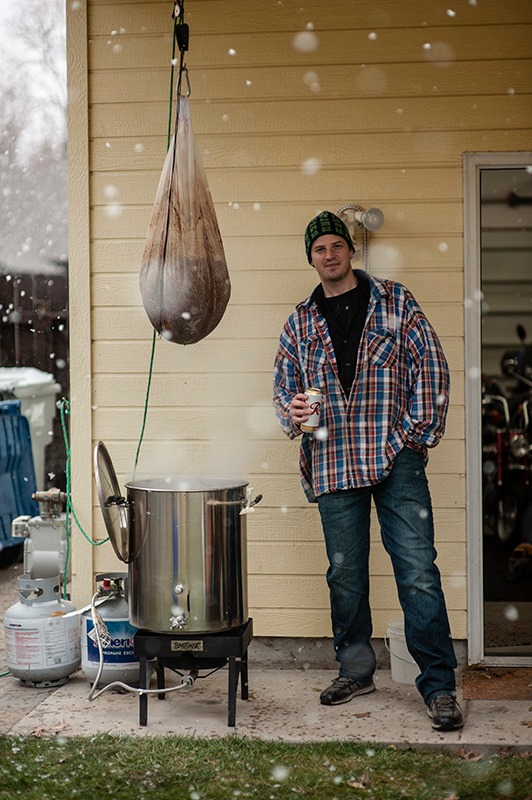I know this thread isn't about you, your unfounded criticism and cynicism about BIAB, and unneeded name calling of people who have been homebrewing for many years, some well over a decade, and 100s of successful, excellent tasting batches under their belts on all kinds of systems, including BIAB.
ordering a 10 Gallon Unibrau system with 240v and 5500w element.
BIAB is hokey, a pain in the ass, more expensive because you have to buy more grain (less efficient)
Guess what...?
Looking a little closer, that Unibrau you're so keen about and ordering is....
a BIAB system!
Systematically
no different than a Grainfather or any other modified "coffee urn" BIAB system. They're all glorified, semi-automated versions based on, and
not all that different from the kettle and mesh bag 100,000s of homebrewers have been using and still use in their "homebuilt" BIAB systems.
That Unibrau doesn't feature a sparge either, unless you pour over by hand.
Going by the rather sparse description and specs of the Unibrau, getting most insight from their 2 videos (linked below), users may encounter some real limitations, such as maximum brewing volume and gravity, without becoming innovative and resorting to work-arounds.
Some observations:
In those 2 video demos there a lot of high speed pumping and splashing going on. May look great on video, yeahh, we're brewing!!!
But none of that is to the advantage of brewing good beer. Brewing is typically not that eventful or spectacular to watch. I'm cringing, while LoDO aficionados would have a field day with that, like no other.
So modifications #1 and #2 are desperately waiting to be implemented, by the user, to prevent that.
The first (high speed mash recirculation) doesn't occur with straight up (uncirculated) BIAB mashing.
And when chilling, stick that return hose well under the wort surface! Why isn't there a whirlpool/return port?
My experience is that the BIAB beer is subpar compared to real brewing methods.
When you're so convinced BIAB isn't a
real brewing method, how's the $1500 Unibrau 10G/240V gonna help you brew good beer? How would that be different?
Since you mentioned it, what exactly makes a "real brewing method?"
Please elaborate.






























![Craft A Brew - Safale BE-256 Yeast - Fermentis - Belgian Ale Dry Yeast - For Belgian & Strong Ales - Ingredients for Home Brewing - Beer Making Supplies - [3 Pack]](https://m.media-amazon.com/images/I/51bcKEwQmWL._SL500_.jpg)





























